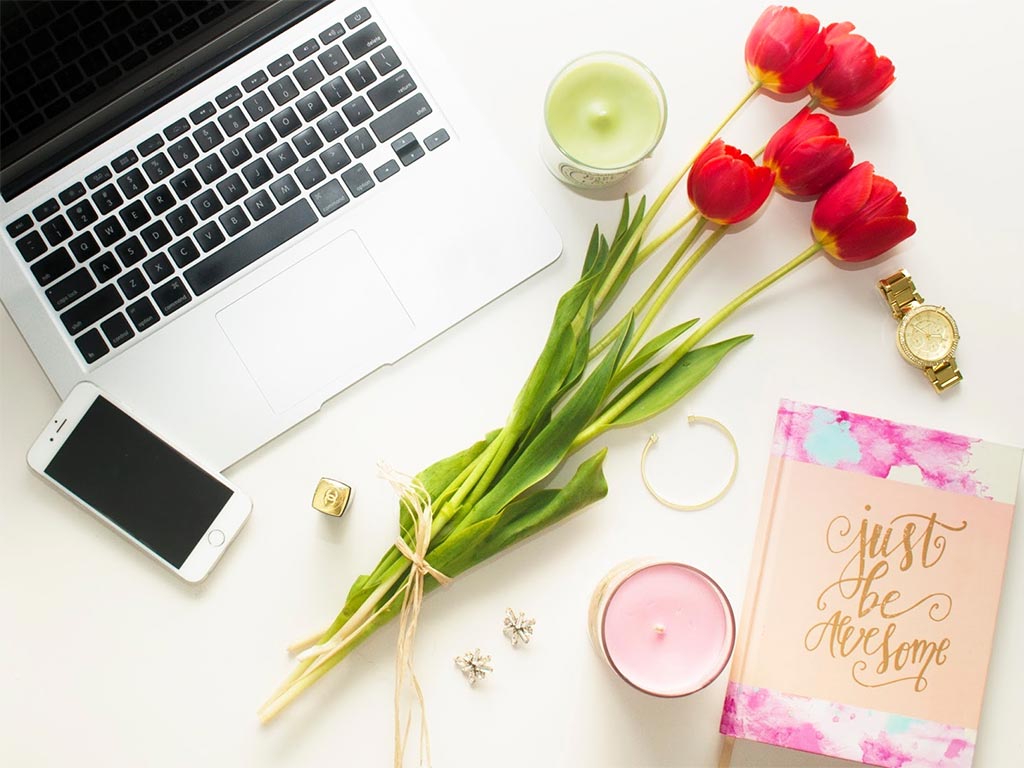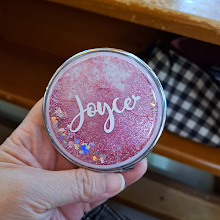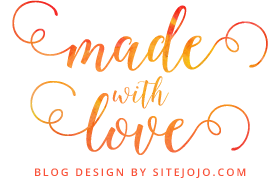
Things are looking up as Malaysia loosens its phases. This brings about other types of changes to our work-life routine. How do we adapt to the endemic while returning to normalcy?
In her recent "Returning to Normalcy" webinar, Clinical Psychologist Nur Arfah Zaini shares tips regarding preparing ourselves as we return to normalcy.
#1 - Going Back into the Rhythm
Change is constant. Whether it's fully WFH (work from home), fully WIO (work in office) or a hybrid arrangement, preparation of our mind and body to go into a different work rhythm is the key.
First, you need to identify a few things.
Number 1, what is changing?
Number 2, what do I need to do to adapt to the changes?
Number 3, how do I do it?
Number 4, who do I need to assist me?
After you have identified the answers to the four questions above, you can then take action by planning your daily and family routine. Perhaps your children are going back to school. Do you need to secure a transporter and daycare spot for your children? Do you need to order food catering?
#2 - Back to the Office
In a poll conducted during the webinar, 70 out of 130 participants indicated that they felt 50/50 in terms of readiness to return to normalcy; 47 people were 100% excited, and 13 people were totally not ready.
Returning to WIO - whether full or hybrid arrangement - is
imminent. So it's prudent to start identifying things that need consideration while planning the back to office routine.
These are three main considerations.
Time allocation - what time to wake up, when to commute to office, when to send kids to school, how much time to spend with your family after working hours.
Financial planning - how to manage extra expenses such as petrol, toll, meals, kids' daycare, transporter, elderly care, stay-in or part-time maid arrangement.
Other responsibilities - how to deal with social anxiety, how to build back people connection, how to adhere to workplace SOPs.
#3 - Supporting Yourself
The saying goes, take care of yourself to care for others. Start by being aware of the following four things.
Be aware of stigma
It could be your own stigma or other people's stigma. For example, perhaps you're a post-positive COVID-19 patient, so you are worried about prejudice and discrimination. Or perhaps you have lost loved ones to COVID-19 during the pandemic, so you're still hurting and undermining the grieving process. Or perhaps you have strong views regarding pro or anti-vaccination and you find yourself at odds.
Be aware your own mental capacity
Do a soul searching and ask yourself, do I have enough mind space? What can I do to create more space so I can accommodate others?
Be aware of your own emotions and needs
How am I feeling? What do I need right now before I can help others.
Be aware of your own energy
If I'm taking time to care for my colleagues, will it take away or give me energy? Is there a way for me to help others without draining myself?
#4 - Supporting Colleagues
Everyone is affected by the pandemic in a variation of degrees and challenges. If you feel that you have the capacity to support, empathize and assist your affected colleagues, there are a few things that you can do: Practice active listening, validate, find resources, and empathize.
Active Listening
Look out for any negative changes in these areas in your colleagues - physical, emotion, behavior - because they may signify something is amiss.
Active listening means we encourage conversations to flow with lots of eye contact, nodding, "uh-huh", and rephrasing what they say by repeating it back in your own words. This will help to dissipate any awkwardness and they can be assured that you're listening to what they are saying.
Validate
Validation happens when you understand the emotion behind the words people say. "I see that you are upset." Then, you validate by showing acceptance. "What you feel is valid."
Avoid saying "I understand how you're feeling", unless you have gone through what the person is going through. "I understand" is usually overrated and the person who's talking to you might be offended and becomes defensive.
Find Resources
However, if you feel that you're not someone who can help others by listening to them, you can point them to other resources such as reading materials and information or professionals such as counselors, therapists, and psychologists.
Empathize
In a nutshell, everyone can learn to empathize. It starts with empathizing with yourself and through your words and/or action, you empathize with others.
Here's a short guideline when someone vents to you.
Instead of "You are overreacting", say "What can I do to support you?"
Instead of "You should have done this instead", say "No wonder you did that and feel this way."
Instead of "Things could be worse", say "I know you feel overwhelmed, I'm here for you."
Adam Grant's Work-Life Rhythm
Work-life balance sets an unrealistic expectation of keeping different roles in steady equilibrium. Instead, strive for work-life rhythm. Each week has a repeating pattern of beats—job, family, friends, health, hobbies—that vary in accent and duration.
The quote above is by organizational psychologist Dr. Adam Grant. He explains that work-life rhythm means some days he has back-to-back events and meetings. Other days he's able to start work after his kids go to school, stop when they return, then catches up with any additional tasks after they've gone to bed. So one day might be weighted more to work, others more to family, creating a rhythm to his life. He's also decided to limit his work travel.
I'd like to end this post with this quote that helps me a lot throughout this pandemic - change is the only constant in life. As soon as we accept this powerful quote, we will be relieved of all the pain that we think life as given us.




















































